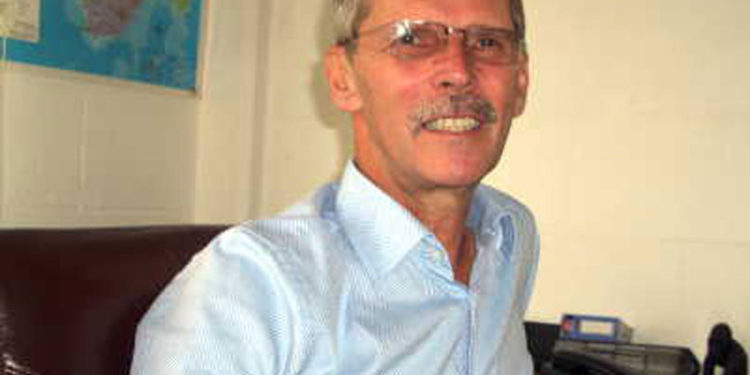The fire at the Vivo Fuel Depot recently is a reminder that having an industrial area inside the city poses serious threats to the community, and that the city planners need to address this issue urgently. What is known as ‘the industrial area’ in Kampala was fit for purpose fifty years ago, but has been overtaken by the growth of the city around it, so that it now lies close to the heart of the city itself. The fact that we have fuel depots in the same area as schools, shops, offices and residences reflects a complete lack of forward planning.
We also have warehousing, container depots and heavy industry right within the city, all of which should have been moved to industrial zones outside the city limits long ago. Namanve was developed for this very purpose and land was offered so that industries could move, but no pressure was placed upon them to relocate, with the result that fuel depots such as Shell (now Vivo) and Total felt no obligation to relocate from the heartland of Kampala to an industrial site on its outskirts. The fact that there are fuel depots adjacent to schools does not seem to bother anyone. Nor does anyone seem to have worked out that fuel trucks are some of the heaviest vehicles on the road and bringing them into the heart of Kampala causes serious damage to the roads that are already inadequate. KCCA is constantly repairing Seventh Street because it collapses into deep potholes on a regular basis – in no small measure due to the weight of the trucks accessing the fuel depots.
To add to the traffic congestion other companies such as Mersk Shipping Company have found it convenient to locate their inland container depots deep within the same industrial area. While the industrial area houses many companies selling hardware, tiles, glass and tools, these companies are appropriate since they represent wholesale and retail outlets supplying the building trade, but why do we have fuel depots, container depots and even a coffee processing factory in the heart of the city (though most of the coffee factories have relocated to the outskirts of Kampala)?
As any city develops it needs to keep pace with changing times. When the industrial area was developed it was served by rail links, which have since become defunct, so all deliveries are now by road. This causes undue wear and tear on the roads and increased density of traffic and congestion. Although we were slow in developing any sort of road infrastructure, we now have the northern by-pass, the Entebbe expressway and are in the process of developing a southern by-pass, Jinja Rd flyover and a new Jinja Highway. All heavy industry, depots, and manufacturing should now be relocated outside the northern and southern by-passes on routes which are accessible to the ring road and away from residential areas, with the land within the ring road being left for other types of development. This land is valuable so industries which move should be able to recoup their costs.
The duty of Kampala Capital City Authority and Wakiso District Council (since they represent greater Kampala) is to coordinate city planning in order that we reduce congestion and make it a decent place for people to live and work in. And there was a proposal to set up such a planning body when the new KCCA structure was implemented, but nothing seems to have happened.
Currently there is a never-ending increase in the amount of traffic in Kampala, resulting in congestion and daily delays for everyone, and this bad situation is made worse by heavy trucks that have to come right into the centre of Kampala. Of course the trucks are not the only problem, and there are many other issues to deal with in terms of Kampala infrastructure and traffic, but we do not appear to be dealing with any of them. We still have potholes that multiply by the day; we have roadside drainage systems that are breaking up, causing erosion of the already inadequate roads. All our roads are too narrow, and we have absolutely failed to control the bodabodas, but we do not appear to be taking steps to deal with any of this.
Instead, the elite (meaning every minor politician) now have police escorts that push their way through the increasing chaos, while every government driver and matatu feels entitled to overtake the line of traffic. This is all taking us backwards, while if we started to deal with the underlying issues step by step we would see measurable progress. The question is – do we want our capital city to be a Lagos or a Kigali? At the moment it is clear that we favour Lagos.
Do you have a story in your community or an opinion to share with us: Email us at editorial@watchdoguganda.com













